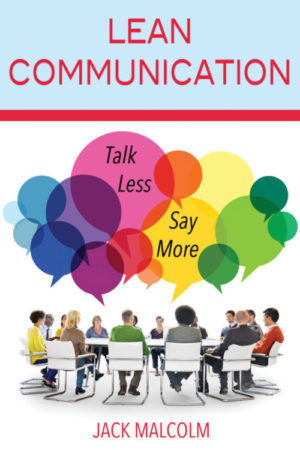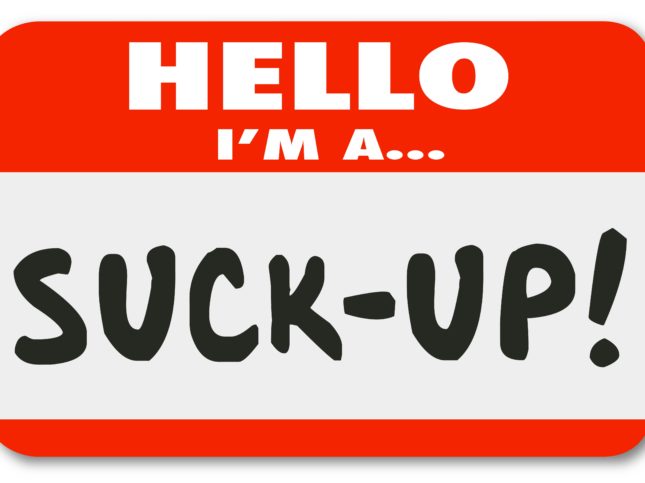Four Forms of Sales Knowledge
As a sales professional, you are a consummate knowledge worker; regardless of the product or service that you sell, the value that you personally bring to the transaction or relationship is your stock of differentiated, relevant knowledge.
There’s bad news and good news in that fact. The bad news is that you are in a race to stay ahead of constantly accumulating and accumulating information, which is ever more accessible to all. How do you offer differentiated information when everyone has access to the same information?
The good news is that there are four essential forms of knowledge that contribute to your success in sales, and only one is easily accessible to all. The four forms are:
- Know-What
- Know-How
- Know-Who
- Know-Why
Know-What is the vast accumulation of facts and information about the world that you need just to function in our society and economy, beginning with what you learn in school and continuing with your work education. In selling terms, it’s the information you need to succeed at feature-benefit selling, about your product or service, your company, competition, etc. It’s the most easily accessible form of knowledge, which is why your prospects and customers have so much more of it before they even speak to you.
Know-what comprises the bulk of search engine knowledge, which is why it’s tough to differentiate yourself if it’s all you have. That said, it’s still important to accumulate and learn as much as possible. I disagree with those people who say you don’t need to stuff your head with facts since you can easily look them up. The more you already know, the easier it is to learn more, and there’s something impressive about having immediate command of the facts during the free flow of conversation.
Know-How is the ability to transfer know-what to accomplish useful purposes. It’s the difference between knowing your product’s features and benefits and being able to show your customer how to use those differentiators to solve their problems and improve their processes and operations. It’s born of experience – as long as you learn from that experience. As the saying goes, some people have ten years’ experience, and some have one years’ experience ten times.
Know-how is hard-won and deep expertise, which is not something that others can easily pick up on the internet. Research has shown that experts have the ability to quickly size up a complex situation and make a good decision almost instantly. They actually consider less information and fewer options than novices.[1] It’s not because their accumulated knowledge and experience is not important; on the contrary, all that knowledge helps them recognize and act on patterns that they can “see” at a glance. That level of insight can make you extremely valuable to your customers.
Know-Who also requires time to accumulate. It’s the human element, knowing the relevant stakeholders as actual people, their personal motivations and fears, and understanding the informal and real decision making processes in the organization.
Think of it as social capital, because the more you get, the easier it is to get more. Know-who is also the most personal form of knowledge and the hardest for others to replicate.
Know-Why is the rarest form of knowledge, in my experience and the most valuable for you and your customers. It is an understanding of the context and big picture, the ability to see the system as a whole with all its interconnected parts and unintended consequences, and to understand the business and personal motivations that drive the decisions you seek.
If you know what, how and who, you can be very responsive and valuable to your customers, but only know-why can take you beyond responsiveness. It’s the type of knowledge you need to challenge your customers when they are wrong, or have incomplete information, or have an unclear idea of where they need to go. It’s what gets you a seat at the table of the top decision makers, and what gets them to call you to ask for your opinion before they make a big move.
Although know-why is rarer than the other forms of knowledge, it’s not intrinsically more difficult to understand and acquire. It just requires a different mindset – a mindset that makes you curious about your customer’s business, about what their customers care about, about their industry, and about broader economic and social trends that they need to respond to.
How much do you know about what, how, who and why? How much did you learn today, and how much more will you know tomorrow?





